Beiträge
-
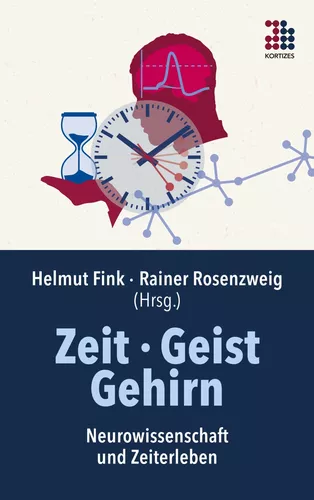 Zeitliche Vielfalt – Erscheinungsformen von Zeit und die Aufgabe der Philosophie
Zeitliche Vielfalt – Erscheinungsformen von Zeit und die Aufgabe der PhilosophieTagungsband zum Symposium Zeit · Geist · Gehirn. Neurowissenschaft und Zeiterleben 2021.
-
 »Everything a Learner Needs« – Constructions Of Linguistic and Social Marginality/Centrality In Discourses about (German) Language Learning and Multilingualism
»Everything a Learner Needs« – Constructions Of Linguistic and Social Marginality/Centrality In Discourses about (German) Language Learning and Multilingualism
-
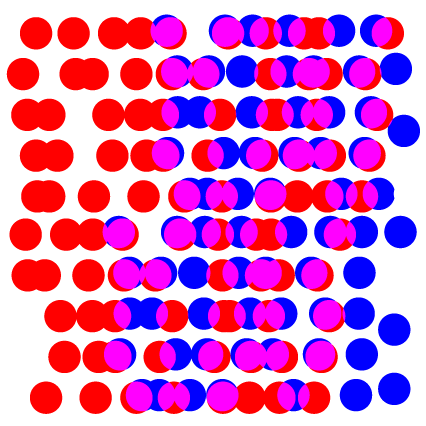 Mimicry of Marginality. On Masking Hegemonic Positions Through Discourse
Mimicry of Marginality. On Masking Hegemonic Positions Through Discourse
-
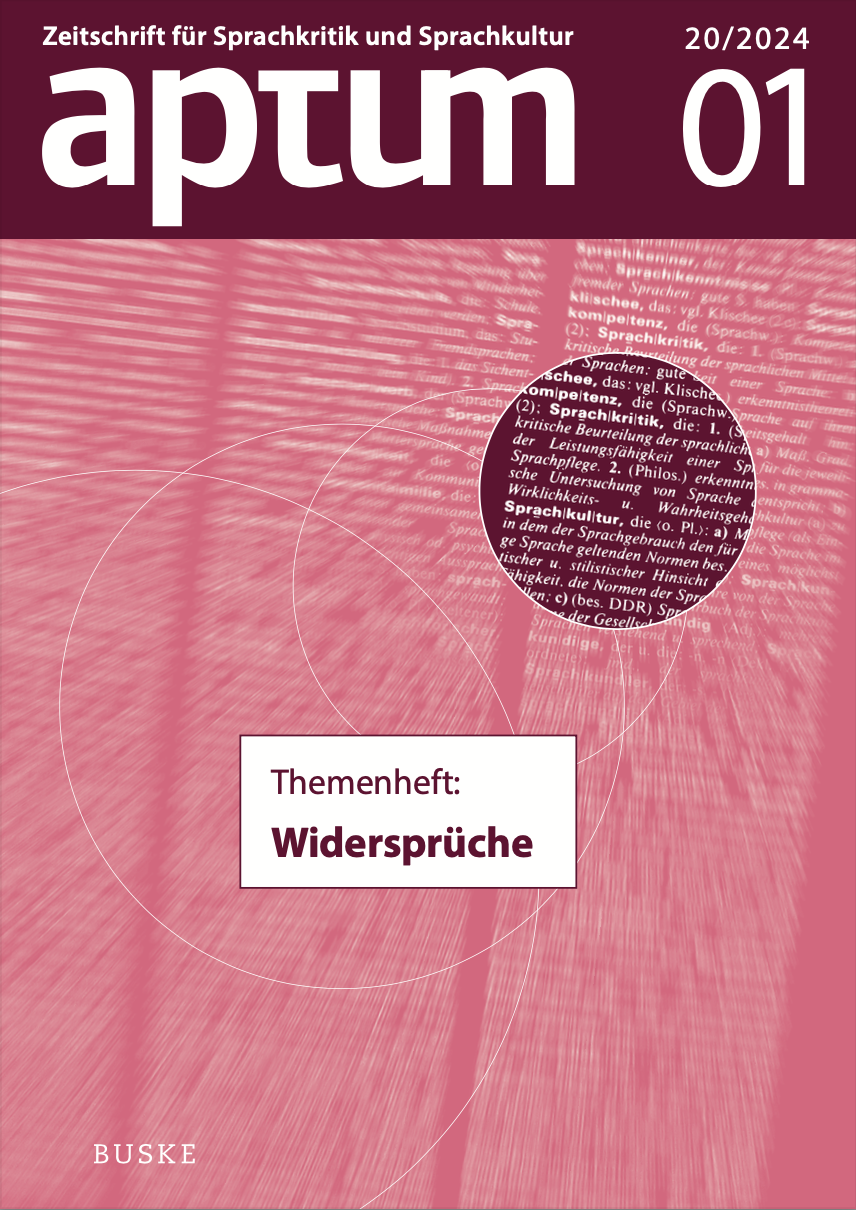 Diskurs ist Widerspruch
Diskurs ist Widerspruchaptum Themenheft Widersprüche
-
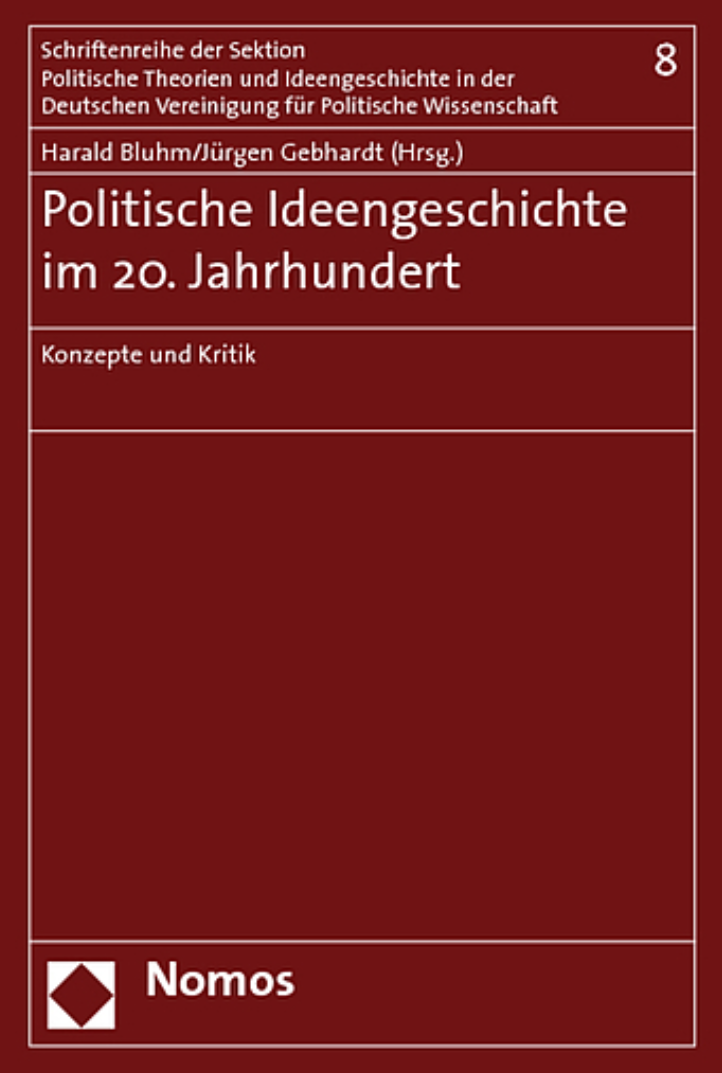 Politische Ideengeschichte und politische Hegemonie. Anmerkungen zum ‚Battle of the Books‘ an den amerikanischen Colleges
Politische Ideengeschichte und politische Hegemonie. Anmerkungen zum ‚Battle of the Books‘ an den amerikanischen Colleges
-
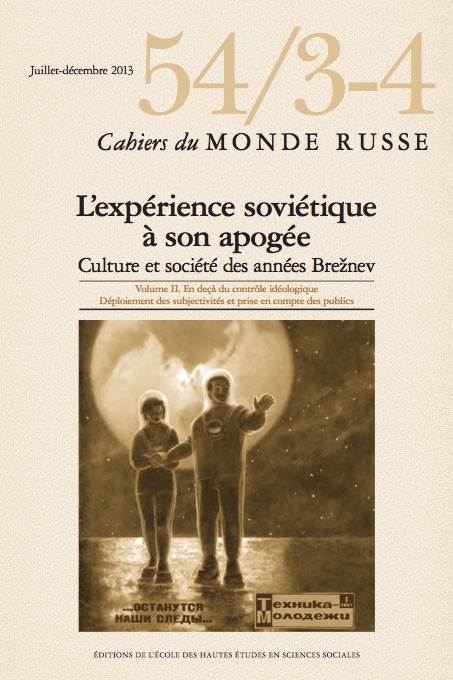 Les frontières du dicible. Du dialogue au silence: Les relations d’Andrej Saharov avec Hrušcev et Brežnev.
Les frontières du dicible. Du dialogue au silence: Les relations d’Andrej Saharov avec Hrušcev et Brežnev.This article describes the historical context that was decisive in Saharov’s commitment to warning party leaders of the dangers of the H-bomb and calling on them to respect human rights. He also attempts to explore the different ways in which Hruščev and Brežnev approached Saharov’s criticisms. Not only does he examine the three stages of the KGB model – educate, warn and only finally arrest renegades – he also sheds light on Andropov’s repeated appeals to Brežnev to speak with Saharov. Although Saharov, too, was keen to talk to Brežnev, the meeting between the two men never took place. In the end, it was against the backdrop of the Cold War that the Politbjuro decided on the best time to get rid of Saharov, doing as little damage as possible to the prestige of the Soviet Union, and thus re-establishing the limits of the dictable.
-
 „Sascha, ich würde Dir gern glauben, aber versteh auch Du mich …“. Breschnew, Dubček und die Frage von Kadern und Vertrauen im Konflikt um den Prager Frühling 1968
„Sascha, ich würde Dir gern glauben, aber versteh auch Du mich …“. Breschnew, Dubček und die Frage von Kadern und Vertrauen im Konflikt um den Prager Frühling 1968Im Mittelpunkt dieses Beitrags steht die Frage, mit welcher Art von Diplomatie wir es in den Warschauer-Pakt-Staaten zu tun haben. Am Beispiel der Invasion in der Tschechoslowakei 1968 werden drei Thesen diskutiert: (1) Breschnew übertrug sein innerparteiliches Konzept des „Kadervertrauens“ und sein auf Vertrauen basierendes „Machtszenario“ auf die Außenpolitik und behandelte Dubček als Klienten, den er patrimonial und familiär ansprach. (2) Er verlor das Vertrauen in Dubček, als dieser einen neuen demokratischen Diskurs etablierte, der die zentrale Macht der Partei leugnete. (3) Die diplomatische Sprache innerhalb der Warschauer-Pakt-Staaten bezog sich mehr auf die gemeinsamen sozialistischen Werte und die Parteidisziplin als auf die Sprache und den Rahmen der internationalen Treffen mit Drittstaaten.
-
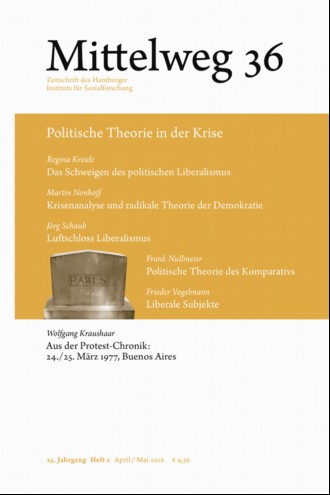 Krisenanalyse und radikale Theorie der Demokratie
Krisenanalyse und radikale Theorie der Demokratie
-
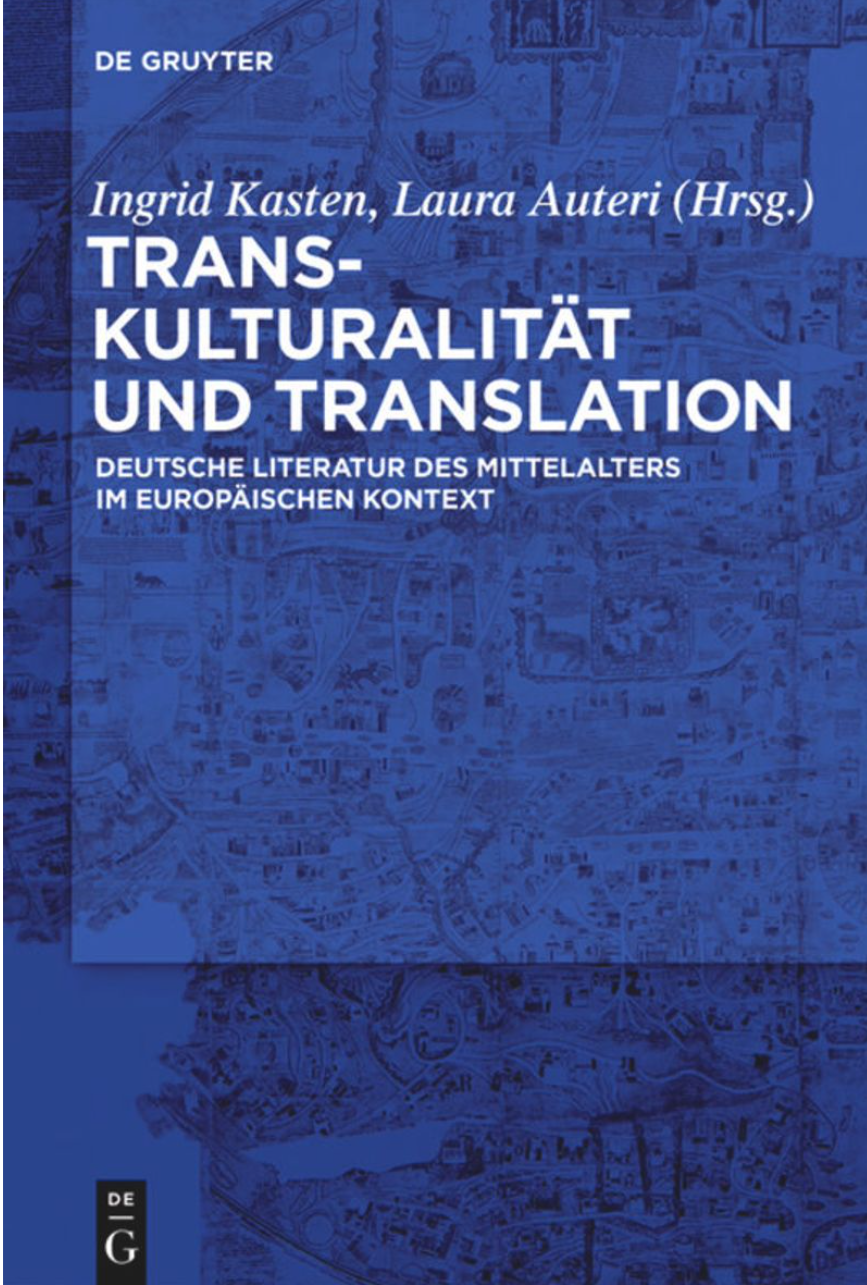 Erzählen in transkultureller Perspektive. Zur Poetologie der Widersprüche in der europäischen Heldendichtung
Erzählen in transkultureller Perspektive. Zur Poetologie der Widersprüche in der europäischen Heldendichtung
-
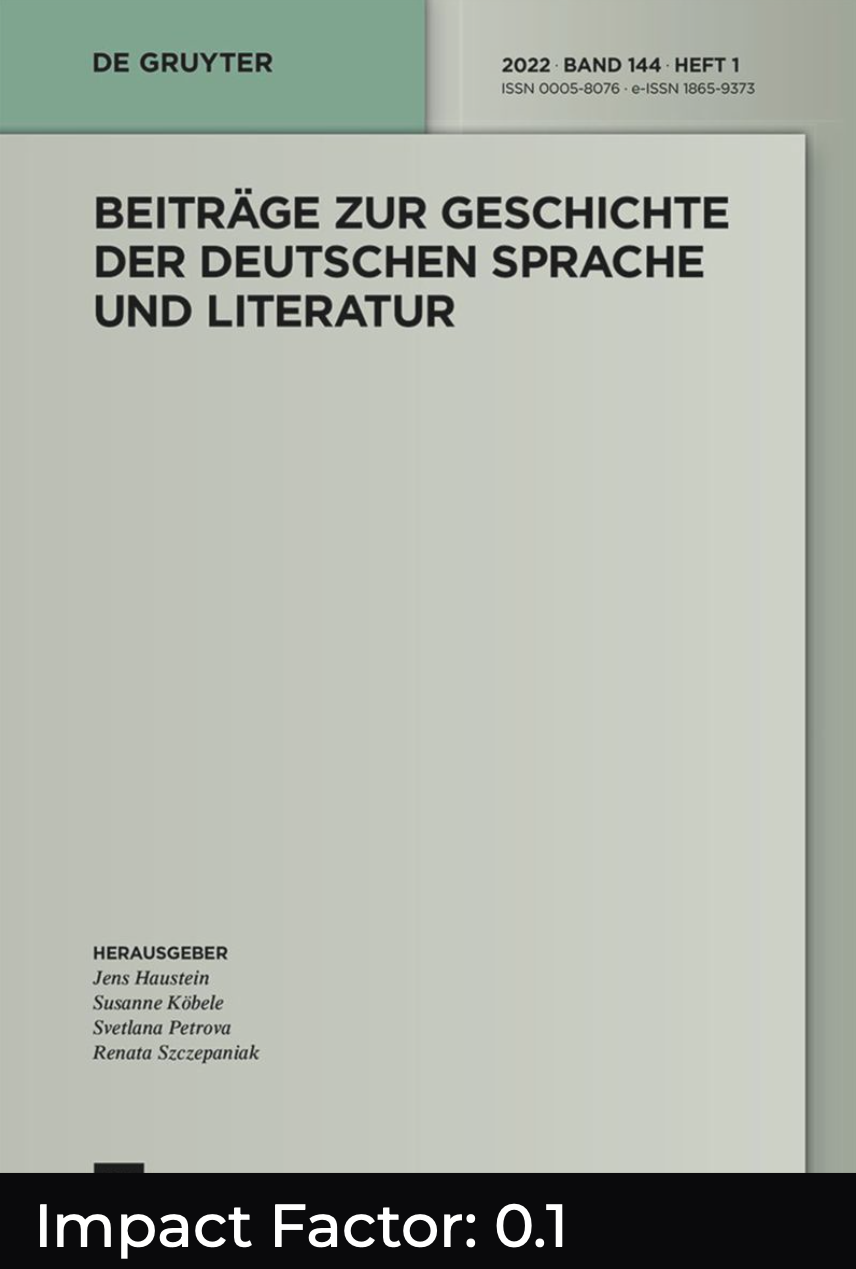 Widerspruch als Erzählprinzip in der Vormoderne? Eine Projektskizze
Widerspruch als Erzählprinzip in der Vormoderne? Eine ProjektskizzeIn premodern narratives contradictions are omnipresent – conflicting concepts, logical inconsistencies, acts of objection. In a narratological perspective ›contradiction‹ – conflicts of incompatible knowledges and narrative patterns; inconsistencies in or between speech (by narrator or characters) and action; contradictory or inconsistent information and motivation – is apt to subvert, complicate, or enrich the textual production of meaning. The project ›Contradiction as a Narrative Principle in Premodern Narrative‹ (University of Bremen) explores different types of contradictions in medieval epic and romance.
-
 Discourse Analysis as Critique
Discourse Analysis as CritiqueThis paper intervenes in the discussion about the relationship between discourse analysis and critique. It argues that this relationship can be understood either as an external or as an integrated relationship. In an external relationship, there is first social criticism that is then braced by discourse analysis, that is, the latter aims at giving empirical credence to the critique. However, such an external relationship cannot give us any insight concerning the critical potential that is specific to discourse analysis, precisely because in this case critique exists before and independent of discourse analysis. If, however, critique emanates from discourse analysis itself, we would speak of an integrated relationship and would no longer speak of discourse analysis and critique, but of discourse analysis as critique. It is argued that such an integrated relationship becomes visible once we think of discourse analysis as being itself a discursive formation and ask what unsettling effects this formation has on research objects, on subject formations and on the academic production context in which they are conducted.
-
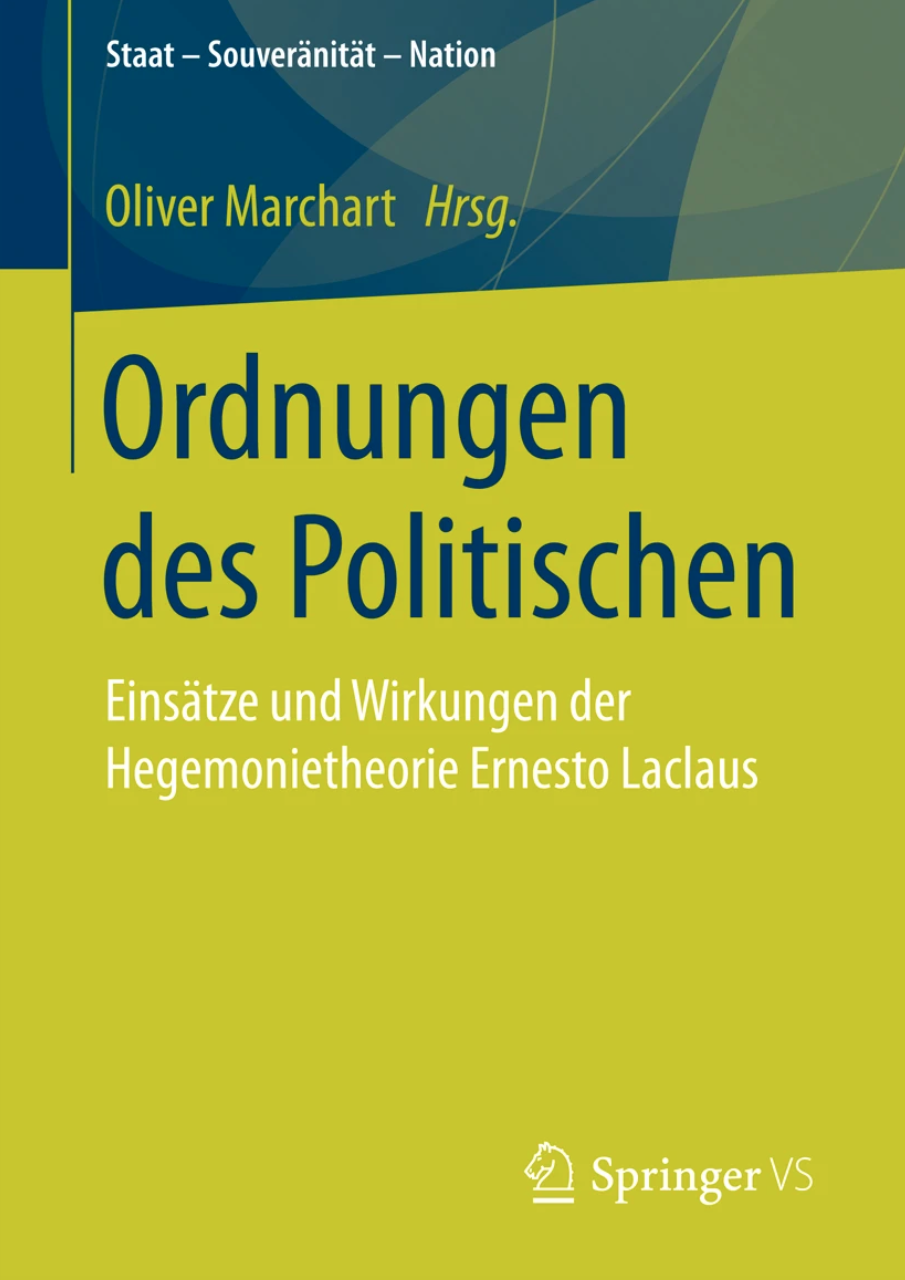 Antagonismus und Antagonismen – hegemonietheoretische Aufklärung
Antagonismus und Antagonismen – hegemonietheoretische Aufklärung
-
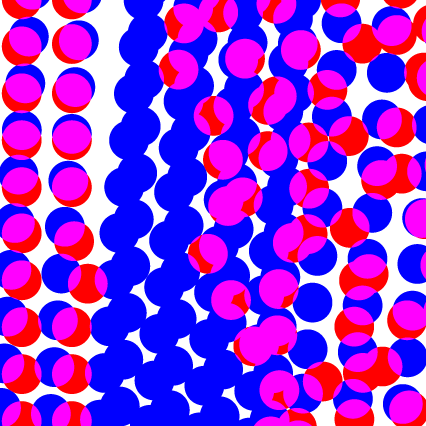 Antagonisten im höfischen Roman? Eine Skizze
Antagonisten im höfischen Roman? Eine SkizzeDer Beitrag skizziert Darstellung und vielfältige Funktionen ausgewählter Gegenfiguren im höfischen Roman um 1200. Vom Antikenroman abgesehen begegnen nur selten Gegenspieler auf Augenhöhe, die ein entgegengesetztes Wertsystem repräsentieren und konsequent bis zum Ende gegen den Helden agieren. Die Texte sind protagonistenzentriert; ein gleichwertiges narratives Gegenüber wird kaum entworfen. Insofern wäre der Begriff ‘Antagonist’ für Artus-, Gral- und Tristanroman zu hinterfragen.
-
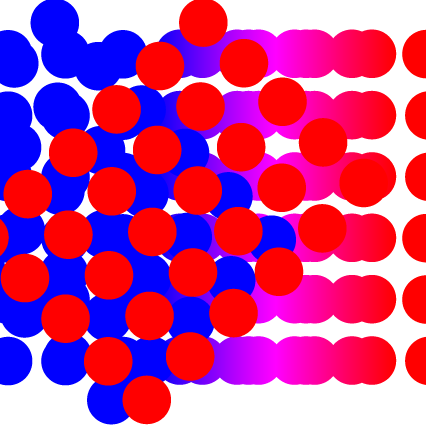 „Wildekeit“ und Widerspruch. Poetik der Diskrepanz bei Konrad von Würzburg
„Wildekeit“ und Widerspruch. Poetik der Diskrepanz bei Konrad von Würzburg
-
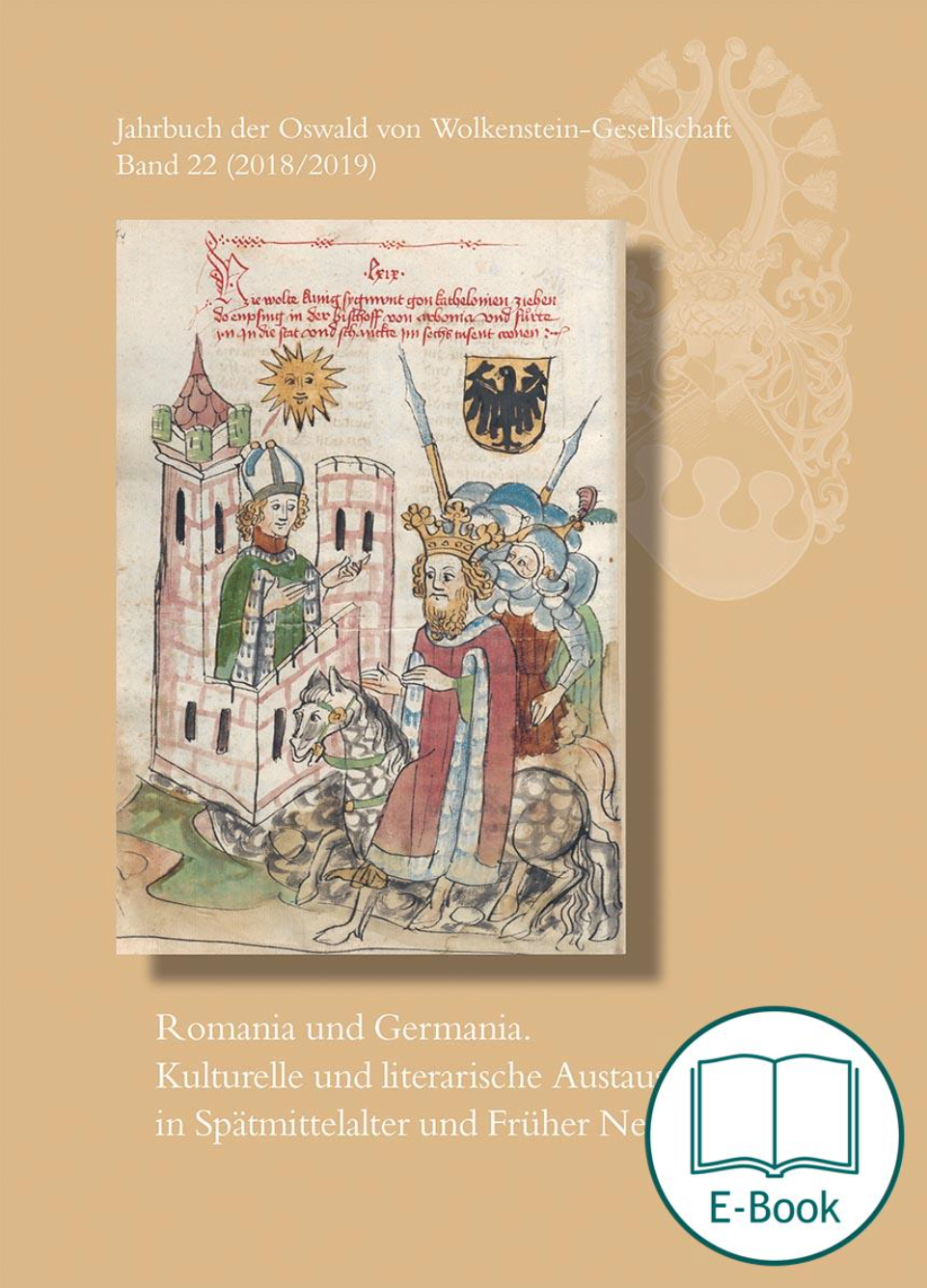 Erzähllogiken transnational. Narratologische Aspekte der Rezeption französischer Heldenepik in frühneuhochdeutscher ProsaErzähllogiken transnational
Erzähllogiken transnational. Narratologische Aspekte der Rezeption französischer Heldenepik in frühneuhochdeutscher ProsaErzähllogiken transnational
-
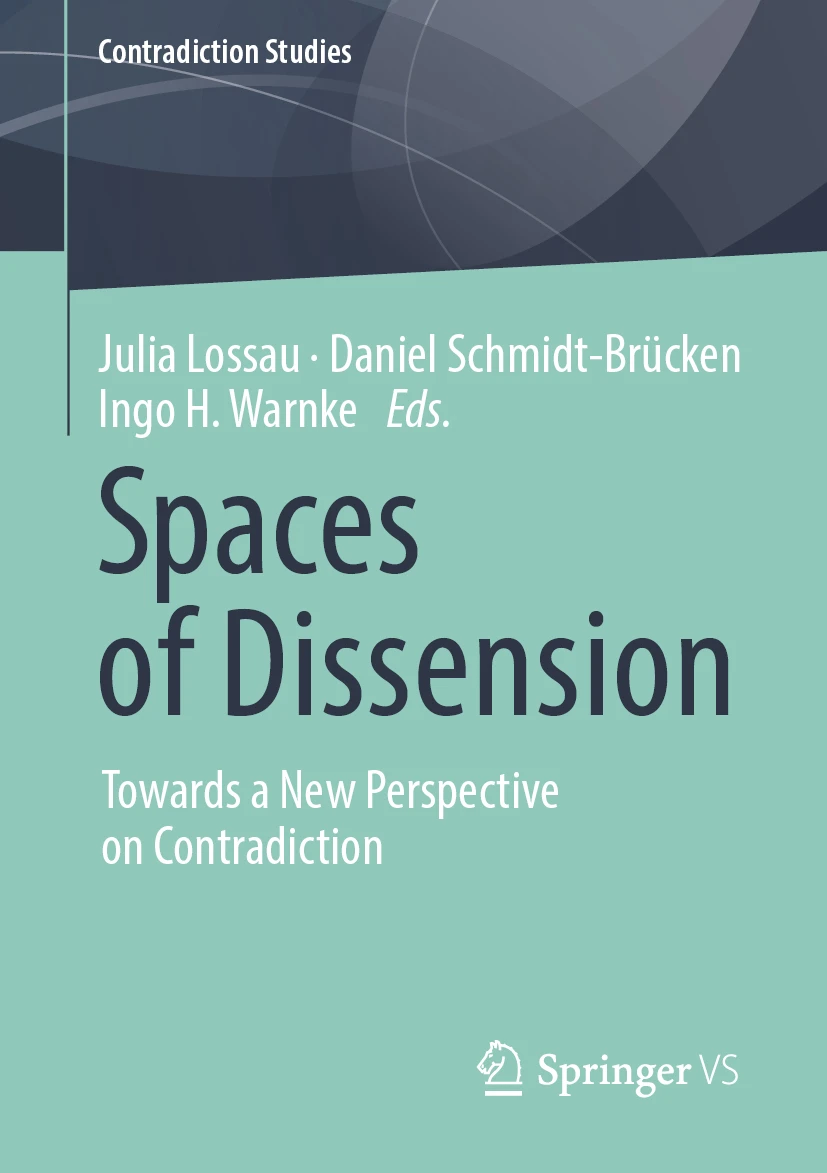 Knowledges and Contradictions in Premodern Narratives
Knowledges and Contradictions in Premodern NarrativesContradiction is not just a (post-)modern phenomenon. In premodern narratives, conflicting concepts and logical inconsistencies are omnipresent. This paper focuses on contradictions interdependent with knowledge: Traditional narratives may aggregate different versions of matters rooted in collective memory (heroic epic) or authoritative sources (romances of antiquity), sometimes without concern for the consistency of their own story. Narrative texts may use contradiction for didactic purposes. Contradictions may result in both construction and deconstruction of knowledge. Strategies of irritation and ambiguity involve recipients in the production of meaning. Thus, the concept of contradiction is apt to redefine premodern narrative strategies.
-
 Widersprüche in heldenepischem Erzählen
Widersprüche in heldenepischem ErzählenThis article (re-)examines (marked) inconsistencies and incompatibilities in Middle High German heroic epic. Those contradictions may result from oral tradition, from the difficulties of transfering oral narratives into literacy, from the conditions of performing from memory, or from traditional narrative regularities of the genre. Frequently, they are striking side effects of a type of narration which is paradigmatic instead of syntagmatic, elliptic and aggregative, scenic and final, and therefore highly tolerant against contradictions of any kind. Contradictions and inconsistencies are (consciously or unconsciously) used (and imitated) as one of the constitutive stylistic features of heroic epic. In some cases, moreover, contradictions and inconsistencies are obviously part of an intentional poetics of contradiction ostentatiously accumulating and exhibiting different layers of knowledge and meaning. The textual strategies of heroic epic, in some respect perhaps of premodern narration in general, tend to favour discrepancies, contrasts, and contradiction instead of nuances, compromises, and smooth transitions.
-
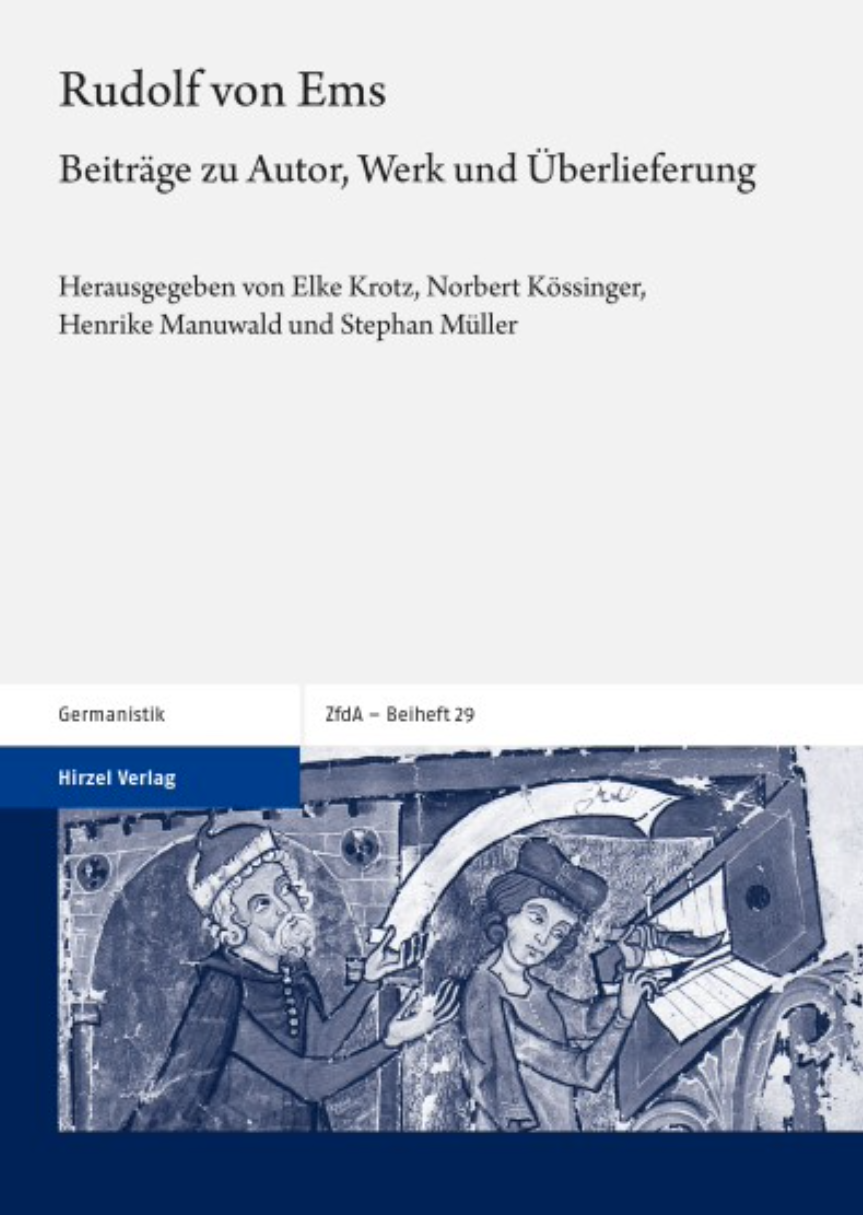 Idealisierung und Widerspruch. Zur Figurenkonstitution von Rudolfs von Ems Alexander.
Idealisierung und Widerspruch. Zur Figurenkonstitution von Rudolfs von Ems Alexander.
-
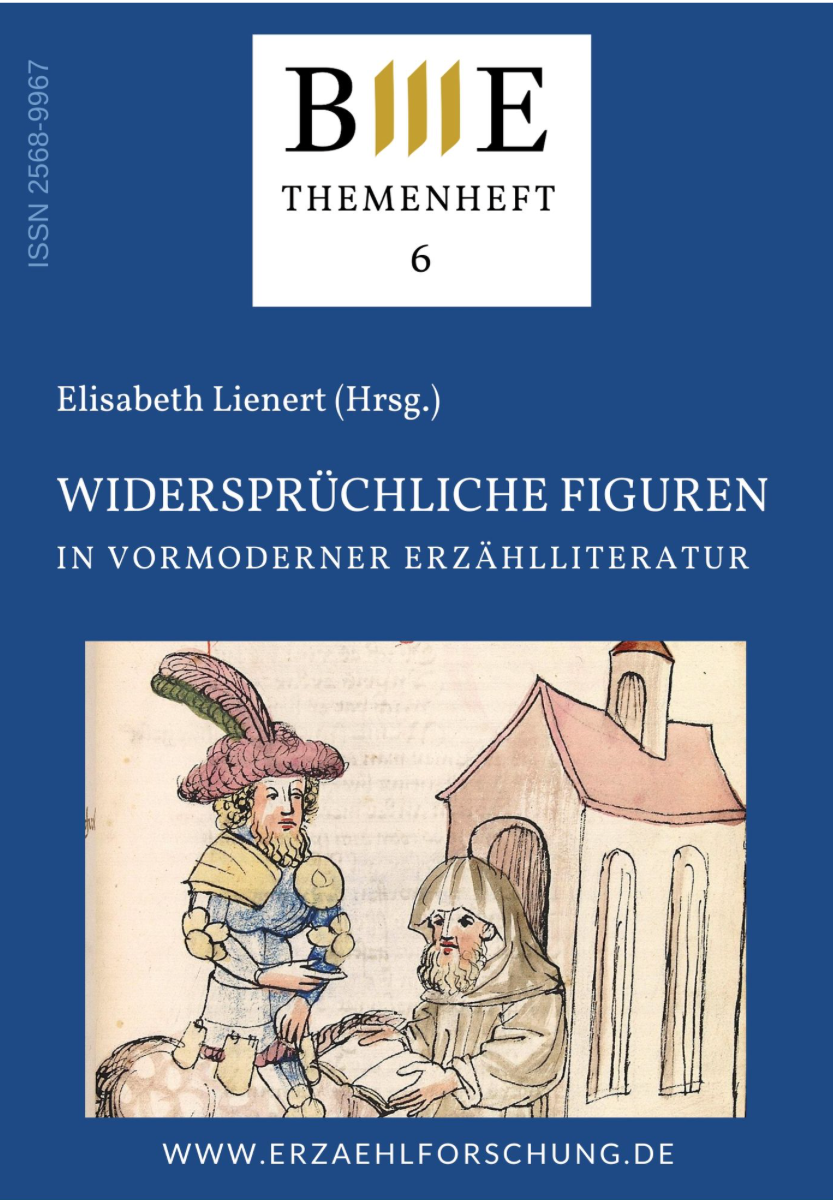 Herrschaft und Macht im Widerspruch. Problematische Könige im ›Nibelungenlied‹
Herrschaft und Macht im Widerspruch. Problematische Könige im ›Nibelungenlied‹Am Beispiel Gunthers, Siegfrieds, Dietrichs von Bern und Etzels im ›Nibelungenlied‹ untersucht der Vortrag Widersprüche zwischen Königsrang und tatsächlicher Handlungsmacht, zwischen Herrscherhandeln und Herrschaftsdiskurs. Sie verweisen auf die gattungstypische Selbstdarstellung des Kriegeradels in der Heldenepik und auf den Primat von Stoffgeschichte und Finalität der Handlung gegenüber der insofern nur ›nachgeordnet‹ widersprüchlichen Figurenkonstitution, aber auch auf Verschiebungen im Herrschaftsdiskurs.
-
 Einleitung. Was ist eine widersprüchliche Figur?
Einleitung. Was ist eine widersprüchliche Figur?